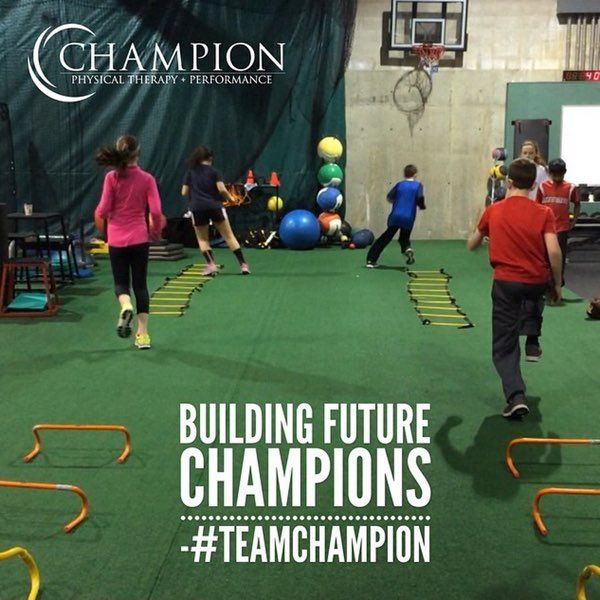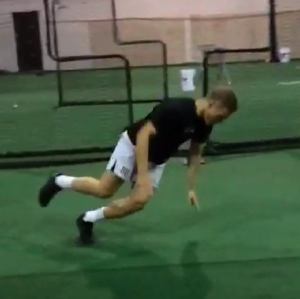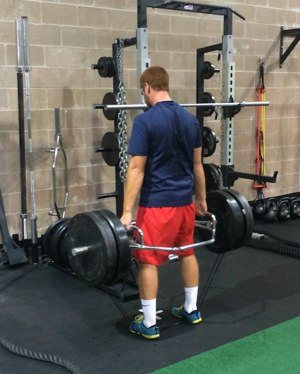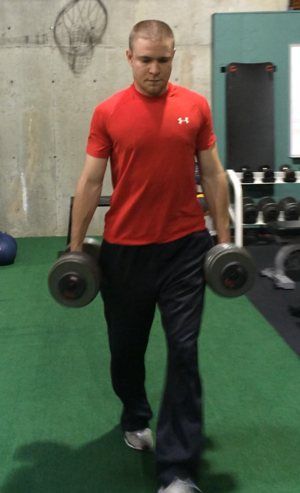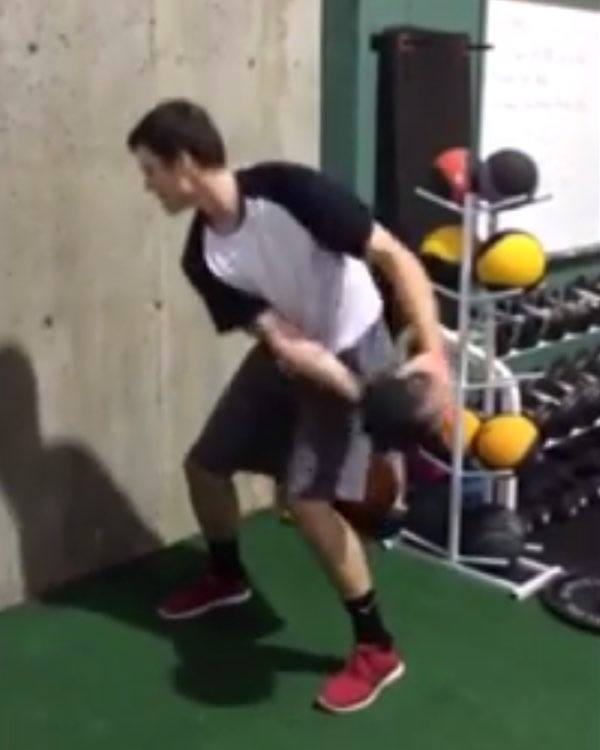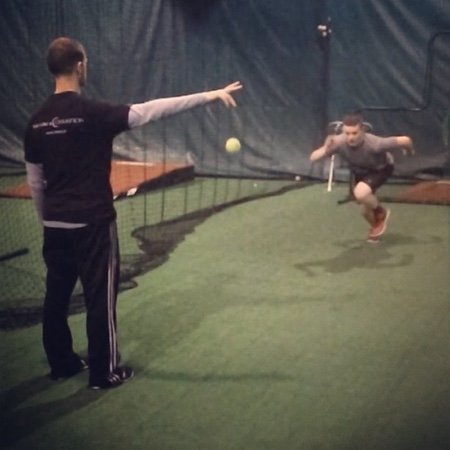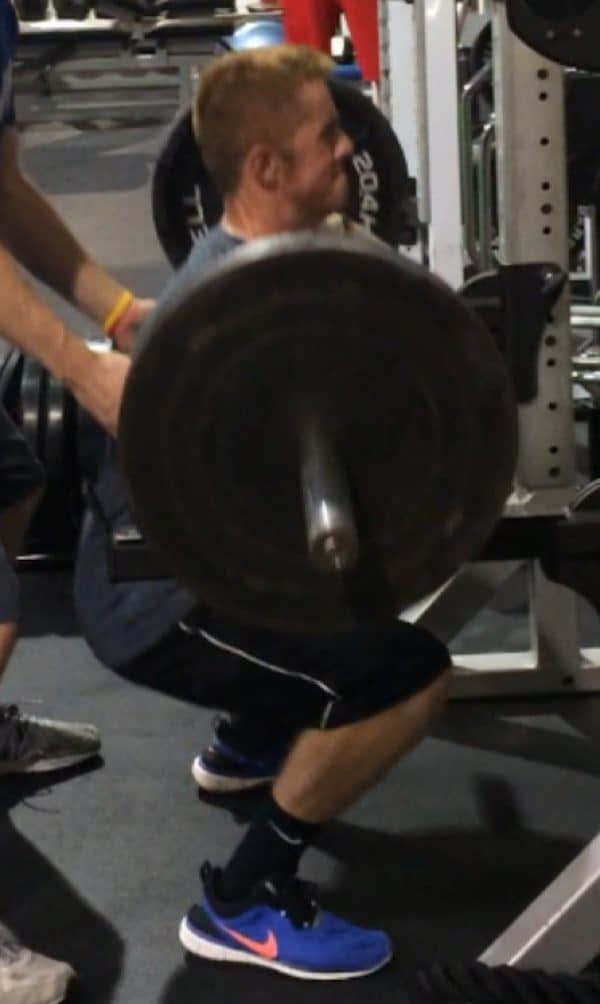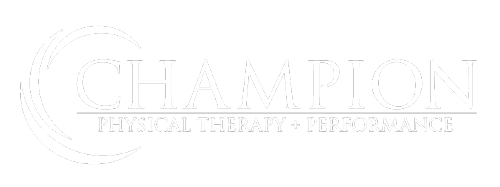Early Sport Specialization: The Good, The Bad, and How to Fix It
Early sports specialization is becoming more popular in young athletes. Athletes are focusing on one sport at a young age with the hope of increasing their chances of success in the sport. It’s not uncommon to see youth athletes focusing on one specific sport for a large portion of the year.
So, when do the kids rest? When do they play other sports? Should they play other sports if they are training this often? Or, should they just be focusing on one sport or involved in other programs as well?
There are a lot of things to consider when talking about early sport specialization at a young age. There are both benefits and concerns.
Benefits of Early Sports Specialization
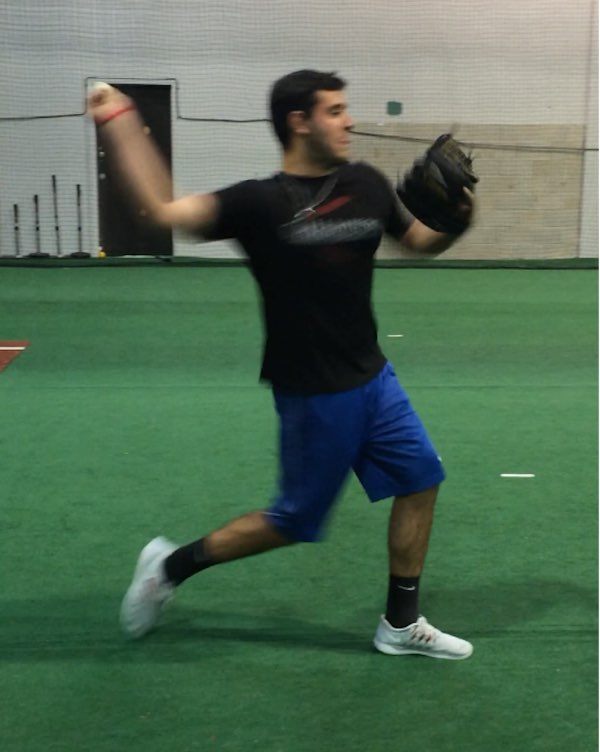 There are some obvious benefits of early sport specialization due to the specific practice being performed.
There are some obvious benefits of early sport specialization due to the specific practice being performed.
The off-season lends time to develop sport specific skill and technique. In baseball we have hitting and pitching coaches. Basketball players have shooting and position specific skills coaches. Hockey players have skating and shooting coaches.
Skill acquisition takes times, repetition, and practice.
With increased skill comes increased success in the sport. The more time you spend practicing proper mechanics, the better you are going to be at that specific sport.
The off-season is also a great time for exposure. More and more college recruiting gets done in the off-season. Highlight tapes increase exposure, as well as off-season showcases.
Concerns with Early Sports Specialization
While early sport specialization can help with skill development, it can also be detrimental in developing overall athleticism. An increased amount of volume of one specific movement while the body is growing can lead to imbalanced development a higher chance of overuse injury.
Athletes that play one sport constantly put their bodies under unique stress specific to that sport. Sports that involve a lot of repetitive tasks, especially unilateral tasks like throwing or swinging, tend to result in muscular and even sometimes skeletal imbalances.
What is The Solution?
A simple solution to early sport specialization is to assure young athletes are playing different sports. These sports should use different skill sets to assure balance. An example would be a baseball player playing soccer in the fall.
If athletes want to continue playing sports at the collegiate and even professional level, at some point it becomes necessary to focus on that one sport.
If an athlete focuses on one sport it is important to participate in a well-balanced sports performance program to develop strength, agility, and coordination in every plane of movement. According to Dr. Cynthia Stein’s Overuse injuries in youth sports, overuse injury can be reduced in youth populations if children and adolescents engage with appropriately prescribed and well-supervised training programs.
According to a study by the Department of Health and Exercise Science at the The College of New Jersey, it is imperative that youth engage in training modalities to develop muscular strength and fundamental movement skills in early childhood to maximize their modifiable neuromuscular systems.
With current physical education programs being cut left and right and the amount of time children are playing outdoors is diminishing, children are losing out on a big opportunity to learn new movement skills.
The National Health and Nutrition Examination Survey in 2006 has shown that physical activity levels appear to peak at approximately 6 years of age, after which there is a consistent decline into adolescence and adulthood. By focusing on a strength and conditioning program designed to enhance movement skills, young athletes can gain a competitive advantage and help build a more resilient body to prevent future injuries.
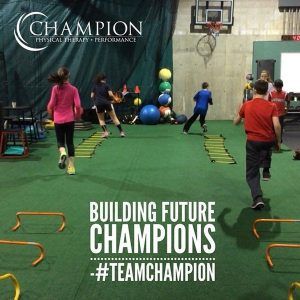
If your son or daughter is starting to specialize at one sport at an early age, try to get them involved in a sports performance program to assure they develop full athleticism without asymmetries. In the long run, this will result in building a more balanced athlete that will have even more sport success later in life.

